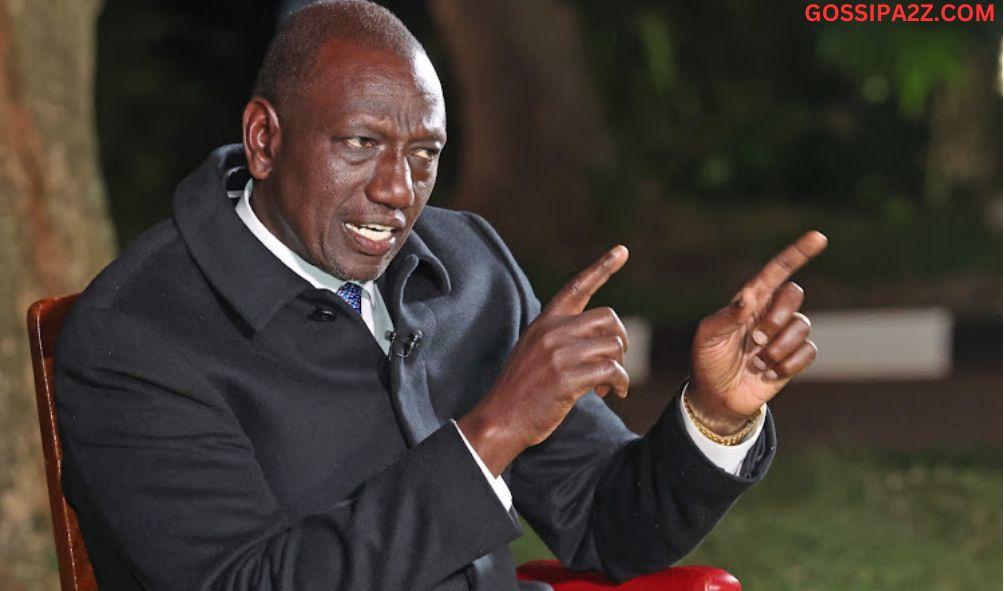Ruto Faces Headache In Repaying Ksh 297B Eurobond Debt
The government is presently confronted with uncertain credit market conditions, which raises fears that Kenya will default on its Ksh297 billion Eurobond.
While President William Ruto has repeatedly stated that Kenya will honor its international debt obligations, the administration has begun investigating alternative options to ensure that Kenya will be able to service its June 2023 Eurobond maturity payment.
Wednesday, October 4th, Central Bank of Kenya (CBK) Governor Kamau Thugge announced that the government had hired lead managers and advisors to strategize the repayment of the bond.
One way the government can mitigate the risk of default is by increasing its international borrowing with a view toward concessional loans. Additionally, concessional loans feature below-market interest rates and grace periods.
“We are talking with multilateral institutions, with the World Bank and the International Monetary Fund (IMF) to see how much additional resources they can make available to us,” Thugge stated.
In addition, the Treasury will seek assistance from regional development institutions for debt repayment.

Thugge explained that the Treasury was optimistic about repaying the Eurobond despite unfavorable market conditions.
“We do expect that between now and June, we will progressively reduce the liability of the Eurobond so that by the end of June, if necessary, we will be able to use our international reserves to make sure that there is absolutely no doubt the government is able to pay for the Eurobond and take that liability,” Thugge assured Kenyans and international investors.
ALSO READ:
- Ruto’s Cabinet Shuffle: Gachagua’s Power Trimmed
- Five tests but no results in Eregi Girls mystery illness
- Moses Kuria Blames Rigathi Gachagua for Cabinet Shake-up
Dr. Chris Kiptoo, principal secretary of the Treasury, stated in March 2023 that Kenya could also strengthen the maturity profile of public debt by issuing medium- to long-term bonds and deepen the domestic debt market in order to finance more budget deficits and reduce reliance on external sources.
However, the government is in a race against the clock to redeem the bond, a problem that is exacerbated by high global interest rates and Kenya’s diminishing dollar reserves.
Ruto announced in June that Kenya, as part of its strategy to resolve its external debt, would repurchase half of the Ksh297 billion Eurobond one year prior to its maturity.
Moody’s Investors Service, a global credit rating agency, warned that such an action would constitute a default if implemented.
Moody’s categorized Ruto’s proposal as a “distressed exchange” – a situation in which creditors incur economic losses and the transaction enables the issuer to avoid a probable default.
Ruto retorted that the agency was exploiting Kenya, but he later recanted and agreed to repay the debt in June 2024.
Eurobonds are debt instruments denominated in a currency other than the domestic currency of the issuing nation or market. The US dollar-denominated Kenyan bond was issued to investors in Europe and the United States.
According to financial experts, a bond is a pledge that an investor’s debt (loan made to the borrower) will be repaid at a later date and at a specified interest rate.

Ruto Faces Headache In Repaying Ksh 297B Eurobond Debt
